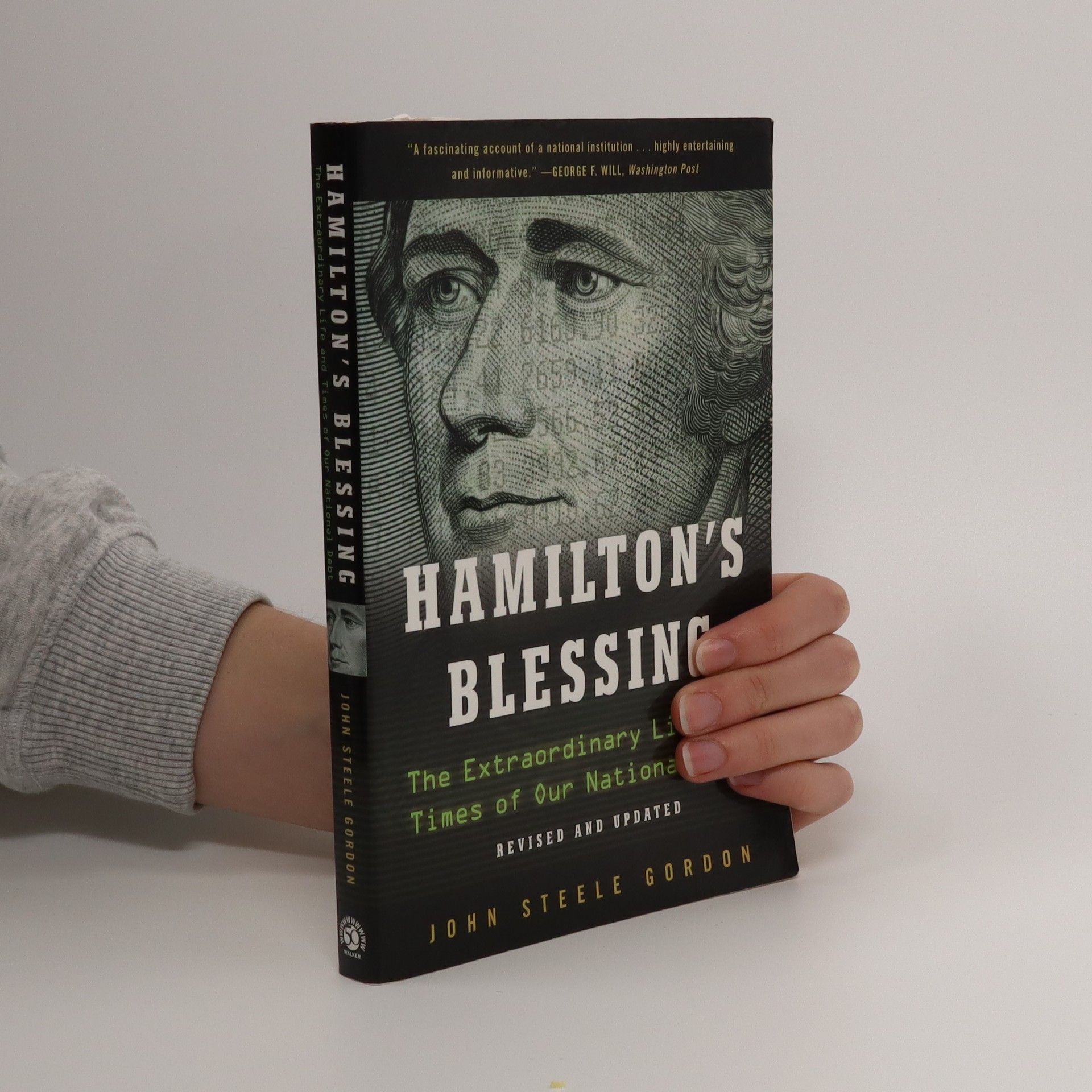John Steele Gordon Livres
John Steele Gordon est un écrivain américain spécialisé dans l'histoire des affaires et de la finance. Son œuvre explore le monde complexe du commerce et de l'économie, offrant aux lecteurs une perspective unique sur les forces qui façonnent notre paysage financier. La prose de Gordon donne vie aux événements historiques, rendant les sujets financiers complexes accessibles et captivants pour un large public.



In a stirring narrative that mirrors the remarkable trajectory of America's history up to the Internet era and beyond, Gordon captures as never before the true source of the nation's global triumph.